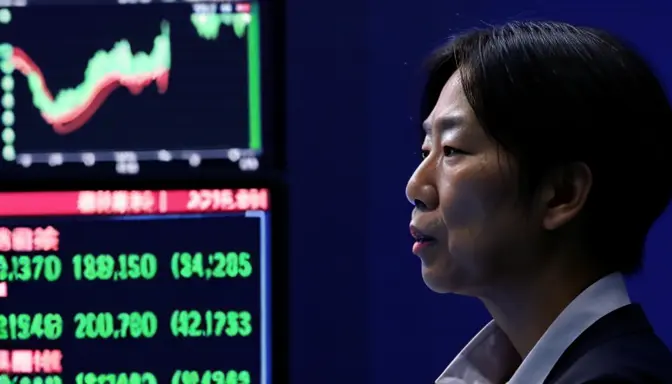After observing notable market fluctuations in recent weeks, investors are taking a break amid an unrelenting barrage of cautious comments from world financial officials assembled for the World Bank and IMF Spring meetings in Washington.
On Wednesday, the persistent selling pressure in bonds that had been the norm in the past turned around, causing yields to drop. However, while oil saw a sharp 3% decrease, its biggest one in more than two months, gold saw a noticeable decline. This was because headline-level tensions in the Middle East seemed to diminish.
In the face of uncertainty surrounding Fed policy, markets stumbled even if the situation in the Middle East had considerably improved.

Though we can conjecture that buyer fatigue indicates a wish to withdraw from the deluge of Washington headlines, investors also seem to be reducing their overall risk exposure as part of their early Spring housekeeping, maybe taking to heart the old proverb “sell in May and go away.”
For the fourth day in a row, stocks declined, with the S&P 500 continuing to fall from its most recent all-time high. Chipmakers were under heavy selling pressure after ASML Holding orders dropped precipitously. Nvidia, the most popular mega-cap stock, saw significant losses. I was implying that the nerves associated with earnings season are beginning to set in.
Investors’ doubts about the market’s near-term prospects are building after a substantial 10% stock surge in the first quarter, the most fantastic start to a year since 2019. This distrust is reinforced in the context of a more excellent implied floor for market discount rates.
Financial leaders from the US, Japan, and South Korea promised to “consult closely” on foreign exchange markets during their first trilateral meeting on Wednesday. Tokyo and Seoul expressed concern about the recent steep drops in their currencies.
The deal was reached in the context of dwindling expectations for an impending interest rate cut in the United States, which has caused the yen to slump to 34-year lows and sparked rumors about possible yen-buying intervention by Japanese authorities.
Even if Japan does not intentionally seek a competitive advantage in its currency through exports, a weaker Yen will cause some people to take notice. However, it is sufficient to cause the Ministry of Finance to take intervention plunge control measures.



















